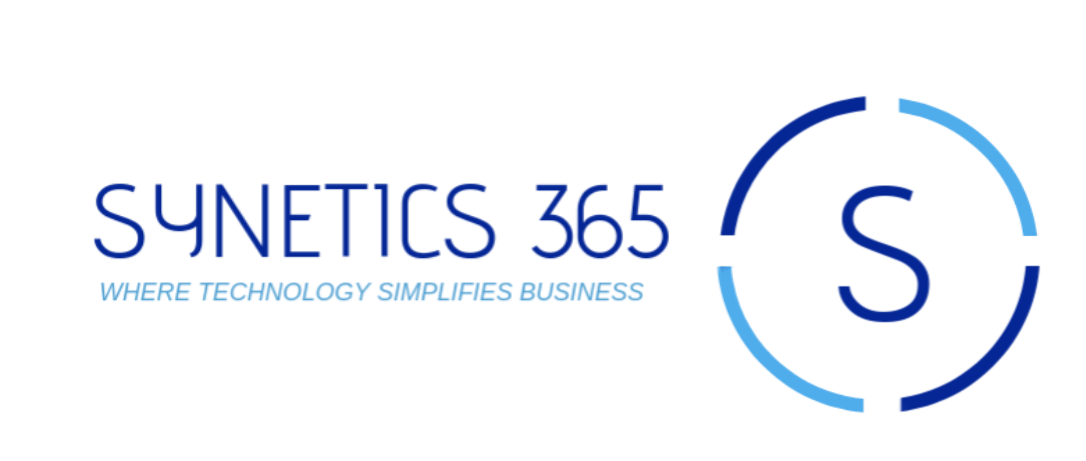1. Install an antivirus and keep it up to date.
Free versions are better than nothing, but we recommend a licensed managed version to ensure maximum protection from viruses, ransomware, malware or denial-of-service attacks.
2. Do not install unauthorised software
Be wary of what you install. Unauthorised installations can lead to degraded device performance or data loss events. Removing these rights from the user’s devices will keep you protected.
3. Use unique passwords for every login.
Keep different passwords for every online platform you log into to avoid becoming a victim of hacking. Hackers steal batches of passwords, and if all are the same, you are in trouble. We recommend a strong password manager to store and guide strong passwords. That way you won’t forget. Or rather, you won’t need to remember 🙂
4. Use Multi-factor Authentication
While it can be annoying multi-factor authentication adds that extra level of security when logging into online platforms such as banking, email etc. After logging into your account, you must verify that you are logging in before entering your profile or account.
5. Turn Off the ‘Save Password’ Feature in Browser
It’s best to leave password protection to the experts who make password managers. Think about this. When you install a third-party password manager, it typically offers to import your password from the browser’s storage. If the password manager can do that, you can be sure some malicious software can do the same. In addition, keeping your passwords in a single, central password manager lets you use them across all browsers and devices.
6. Don’t Fall Prey to Click Bait or Phishing Scams
Part of securing your online life is being smart about what you click. Clickbait doesn’t just refer to cat compilation videos and catchy headlines. It can also comprise links in email, messaging apps, and Facebook. Phishing links pretend to be secure websites, hoping to trick you into giving them your credentials or infect your device. Only click links in emails or text messages if they come from a trustworthy source. Even then, be cautious; your trusted source might have been compromised, or the message might be fake. The same goes for links on social media sites, even in posts that seem to be from your friends. If a post seems unlike the style of your social media buddy, it could be a hack.
We can make your life easier with over 20 years of experience in keeping businesses safe. If you want to know more about how we can add value to your business, click HERE, and one of our experts will contact you within 24 hours to help you choose from one of our IT support packages.
